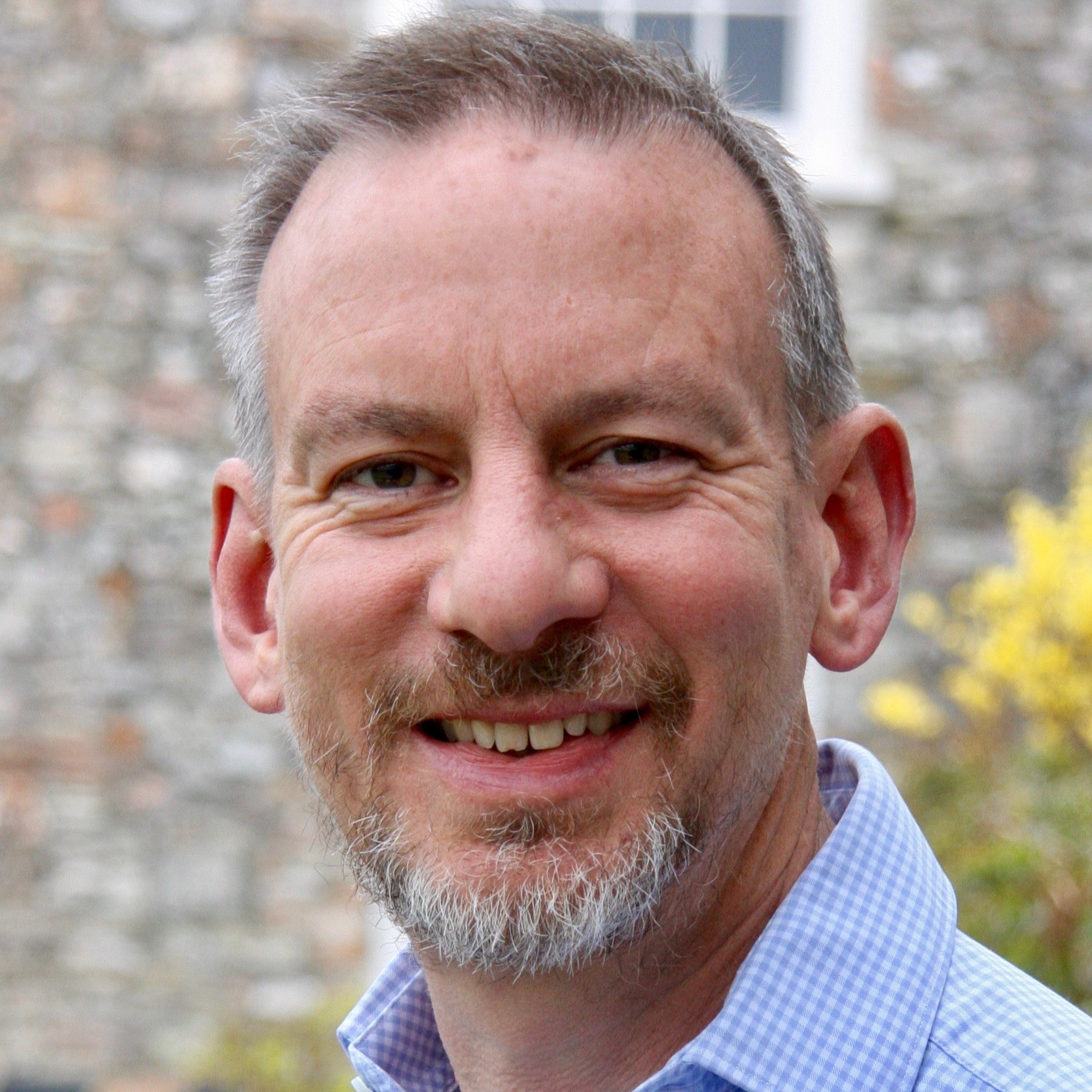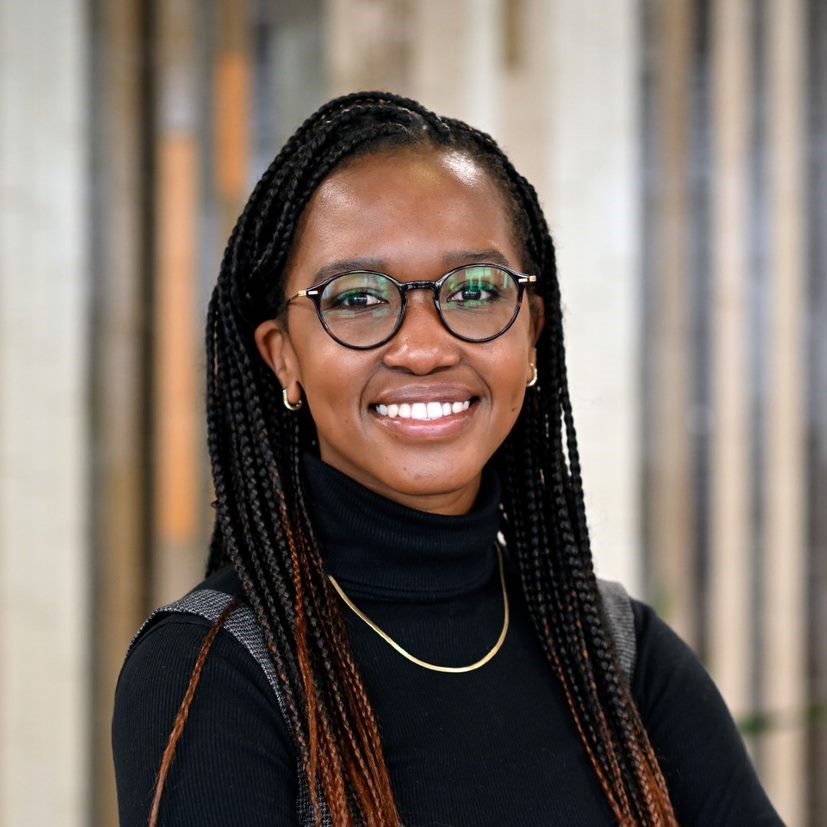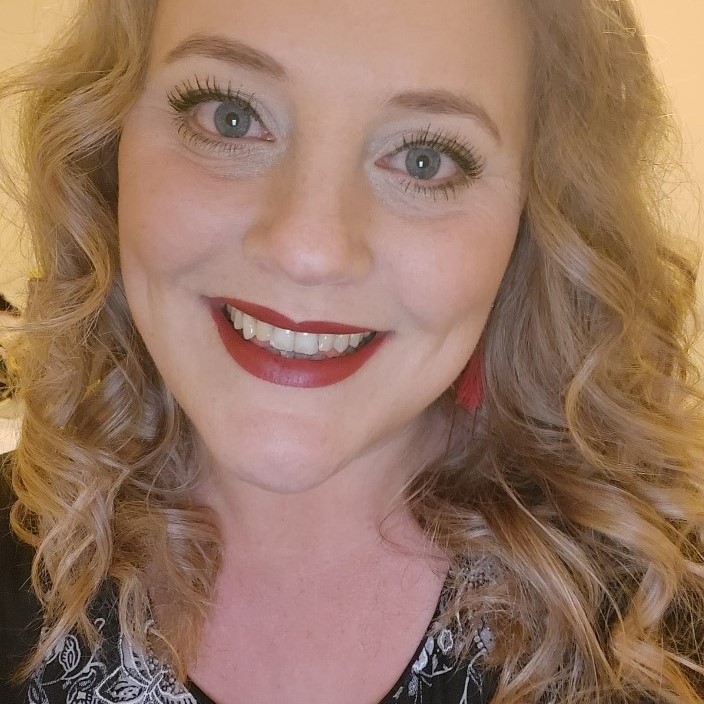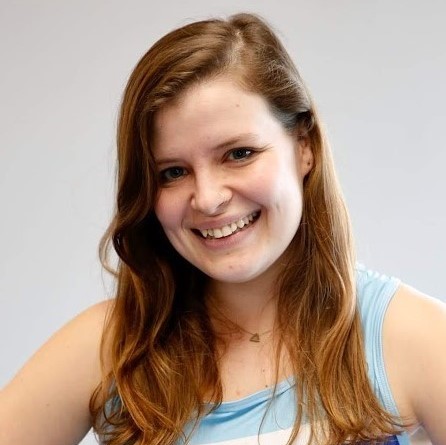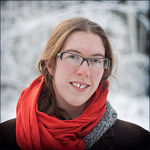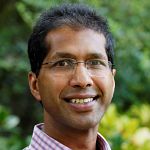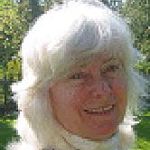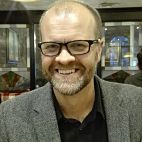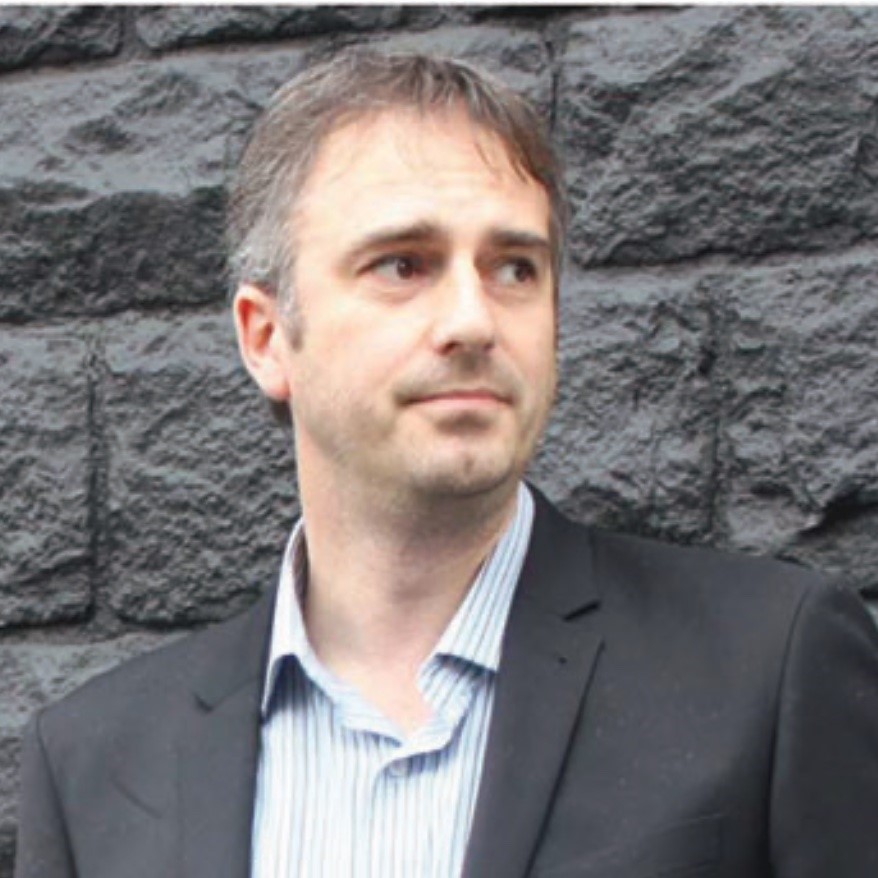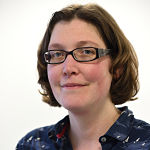People
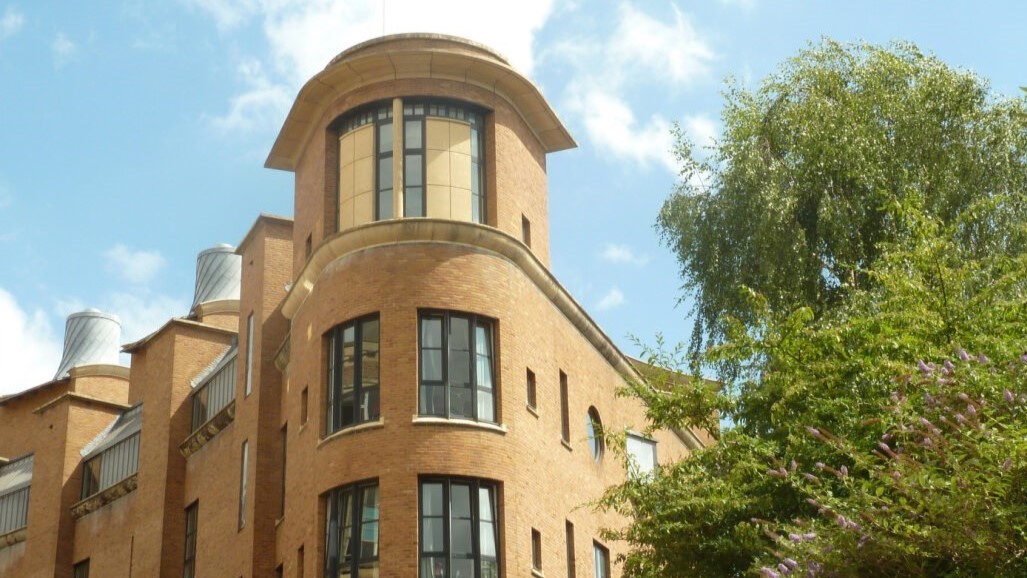
Management and Delivery Team
-
Professor Jonathan Clayden
Director
Jonathan oversees all aspects of the programme: from interviewing prospective students to running problem sessions with the cohorts. Fundraising, developing national and international collaborations and liaising with our Research Councils are all aspects of this busy role. -
Dr Sbu Mbatha
Course Manager
Sbu is responsible for day-to-day operations of the Centre and is in daily contact with students. She leads on all aspects of cohort training and new course development. -
Miss Krissy Stothard
Administration Manager
Krissy is the first point of contact for all queries from current and potential students, academic staff and external collaborators. She is responsible for managing all aspects of student administration, marketing and communications. -
Mrs Rebecca Schultz-Graham
Specialist Technician
Rebecca is working mainly with the automated synthesis platform Chemspeed Workstation. She is also responsible for using and maintenance of a range of chromatography analytical instruments (GC-MS, LC-MS). -
Dr Ella Gale
Subject Specialist
Ella is a machine learning and data science expert able to offer advice and support on applying machine learning techniques to synthesis, as well as general statistics, data science and theory support. -
Professor Varinder Aggarwal FRS
Industrial Technology Chair
Varinder is leading the way with automation in the department with his recently acquired ChemSpeed workstation. His industrial links have been key to shaping this innovative centre. -
Professor Chris Willis
Professor of Organic Chemistry and Recruitment Chair
Chris plays a key role in the overall recruitment process. She ensures that students from all backgrounds are well represented and the Centre benefits from her extensive experience in postgraduate recruitment and training. -
Professor Charl Faul
Professor of Inorganic & Materials
Charl has a strong background on international recruitment and brings many international links with China and Latin America. He leads a multi-disciplinary materials chemistry research group. -
Professor Simon Hall
Head of the Inorganic & Materials Section
Simon's previous role of Director of Graduate Studies brings a vast knowledge base of postgraduate students and processes to the team. He plays an active role in recruiting students with an inorganic background, which is key to ensuring a balanced cohort of students. -
Dr Natalie Fey
Senior Lecturer in Computational Inorganic Chemistry
Natalie supports the Centre’s ambitions for linking chemical synthesis with all aspects of scientific computing, with a particular focus on computational chemistry. She is a member of the School’s EDI committee and specialises in outreach and public engagement of women with STEM subjects.
Supervisors
Click on a name to find out more
| Name | Supervision areas |
|---|---|
|
|
|
|
|
|
|
|
|
|
|
|
|
|
|
|
|
|
|
|
|
|
|
|
|
|
|
|
|
|
|
|
|
|
|
|
|
|
|
